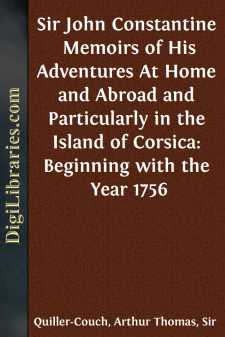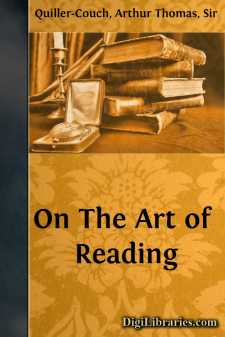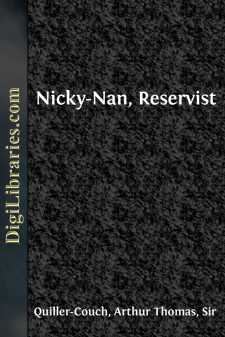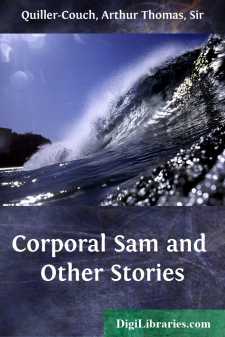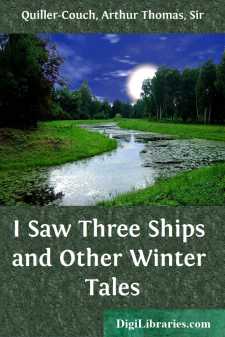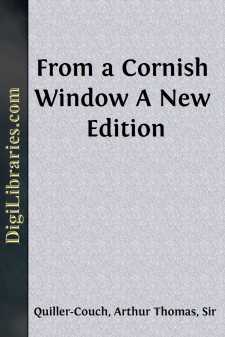Categories
- Antiques & Collectibles 13
- Architecture 36
- Art 48
- Bibles 22
- Biography & Autobiography 813
- Body, Mind & Spirit 142
- Business & Economics 28
- Children's Books 17
- Children's Fiction 14
- Computers 4
- Cooking 94
- Crafts & Hobbies 4
- Drama 346
- Education 46
- Family & Relationships 57
- Fiction 11829
- Games 19
- Gardening 17
- Health & Fitness 34
- History 1377
- House & Home 1
- Humor 147
- Juvenile Fiction 1873
- Juvenile Nonfiction 202
- Language Arts & Disciplines 88
- Law 16
- Literary Collections 686
- Literary Criticism 179
- Mathematics 13
- Medical 41
- Music 40
- Nature 179
- Non-Classifiable 1768
- Performing Arts 7
- Periodicals 1453
- Philosophy 64
- Photography 2
- Poetry 896
- Political Science 203
- Psychology 42
- Reference 154
- Religion 513
- Science 126
- Self-Help 84
- Social Science 81
- Sports & Recreation 34
- Study Aids 3
- Technology & Engineering 59
- Transportation 23
- Travel 463
- True Crime 29
Sir John Constantine Memoirs of His Adventures At Home and Abroad and Particularly in the Island of Corsica: Beginning with the Year 1756
Description:
Excerpt
CHAPTER I.
OF THE LINEAGE AND CONDITION OF SIR JOHN CONSTANTINE.
"I have laboured to make a covenant with myself, that affection may not press upon judgment: for I suppose there is no man, that hath any apprehension of gentry or nobleness, but his affection stands to a continuance of a noble name and house, and would take hold of a twig or twine-thread to uphold it: and yet time hath his revolution, there must be a period and an end of all temporal things, finis rerum, an end of names and dignities and whatsoever is terrene. . . . For where is Bohun? Where is Mowbray? Where is Mortimer? Nay, which is more and most of all, where is Plantagenet? They are intombed in the urns and sepulchres of mortality."—Lord Chief Justice Crewe.
My father, Sir John Constantine of Constantine, in the county of Cornwall, was a gentleman of ample but impoverished estates, who by renouncing the world had come to be pretty generally reputed a madman. This did not affect him one jot, since he held precisely the same opinion of his neighbours—with whom, moreover, he continued on excellent terms. He kept six saddle horses in a stable large enough for a regiment of cavalry; a brace of setters and an infirm spaniel in kennels which had sometime held twenty couples of hounds; and himself and his household in a wing of his great mansion, locking off the rest, with its portraits and tapestries, cases of books, and stands of antique arms, to be a barrack for the mice. This household consisted of his brother-in-law, Gervase (a bachelor of punctual habits but a rambling head); a butler, Billy Priske; a cook, Mrs. Nance, who also looked after the housekeeping; two serving-maids; and, during his holidays, the present writer. My mother (an Arundell of Trerice) had died within a year after giving me birth; and after a childhood which lacked playmates, indeed, but was by no means neglected or unhappy, my father took me to Winchester College, his old school, to be improved in those classical studies which I had hitherto followed desultorily under our vicar, Mr. Grylls, and there entered me as a Commoner in the house of Dr. Burton, Head-master. I had spent almost four years at Winchester at the date (Midsummer, 1756) when this story begins.
To return to my father. He was, as the world goes, a mass of contrarieties. A thorough Englishman in the virtues for which foreigners admire us, and in the extravagance at which they smile, he had never even affected an interest in the politics over which Englishmen grow red in the face; and this in his youth had commended him to Walpole, who had taken him up and advanced him as well for his abilities, address, and singularly fine presence as because his estate then seemed adequate to maintain him in any preferment. Again Walpole's policy abroad—which really treated warfare as the evil it appears in other men's professions—condemned my father, a born soldier, to seek his line in diplomacy; wherein he had no sooner built a reputation by services at two or three of the Italian courts than, with a knighthood in hand and an ambassadorship in prospect, he suddenly abandoned all, cast off the world, and retired into Cornwall, to make a humdrum marriage and practise fishing for trout....


